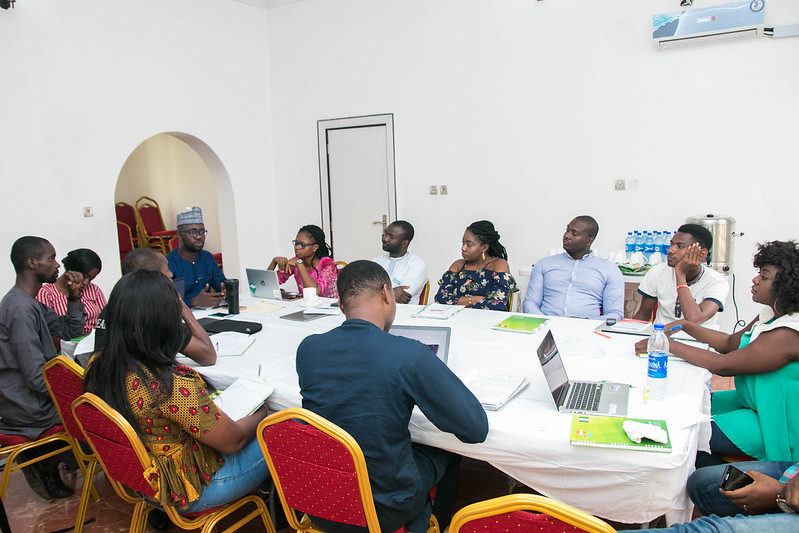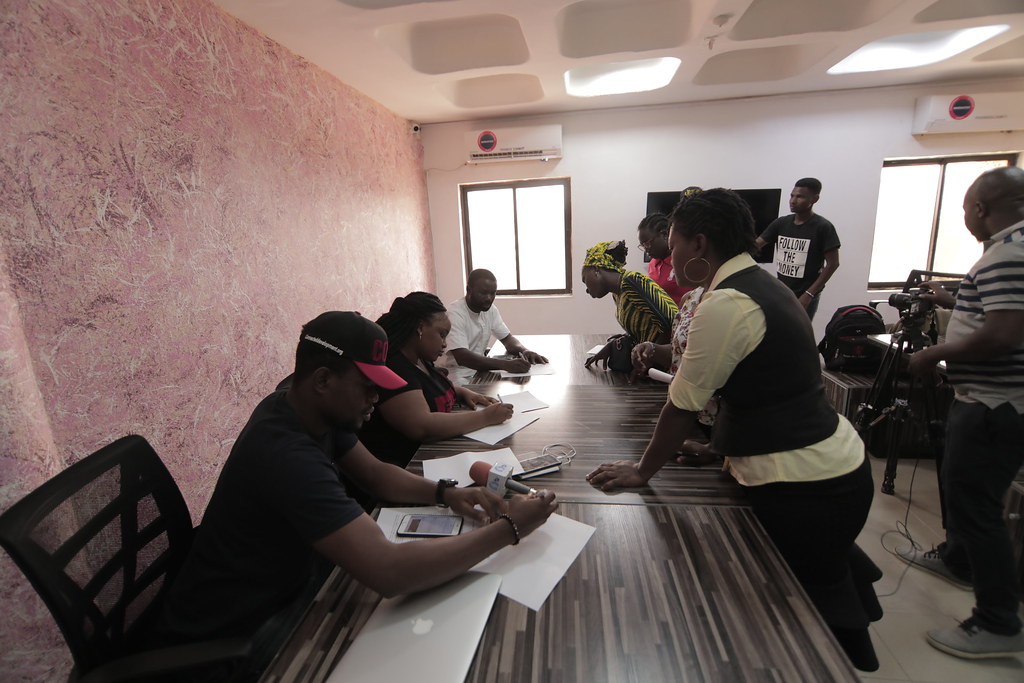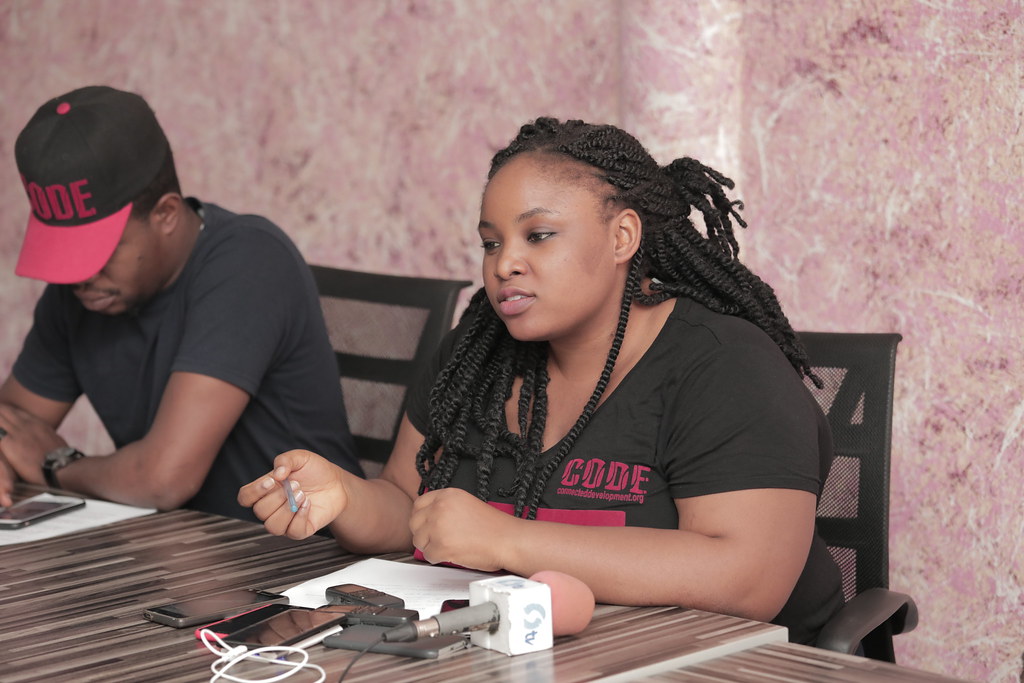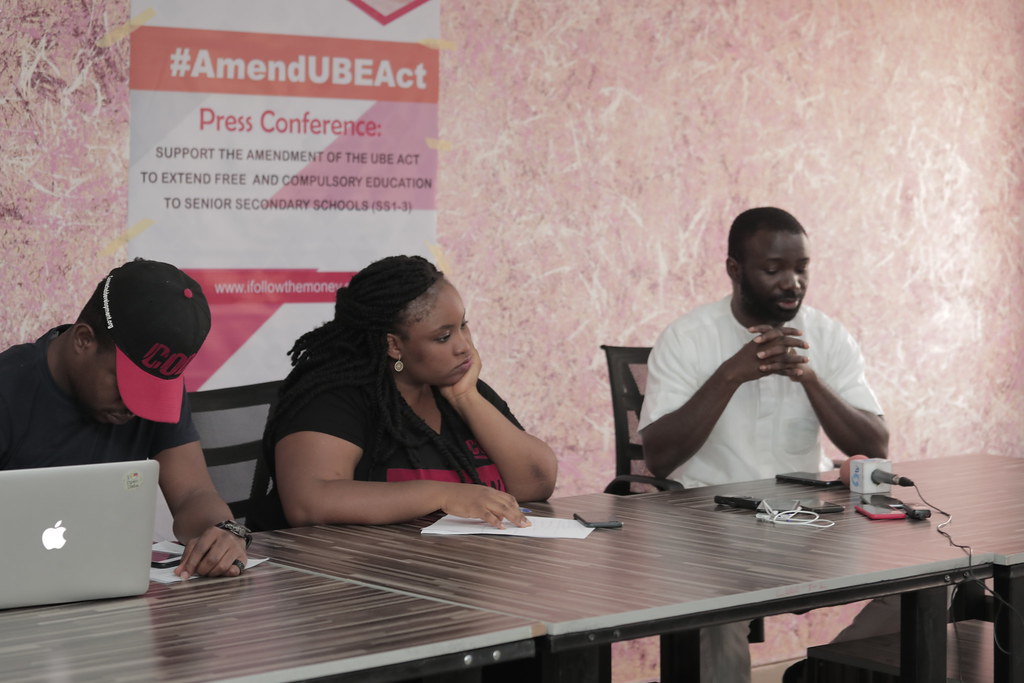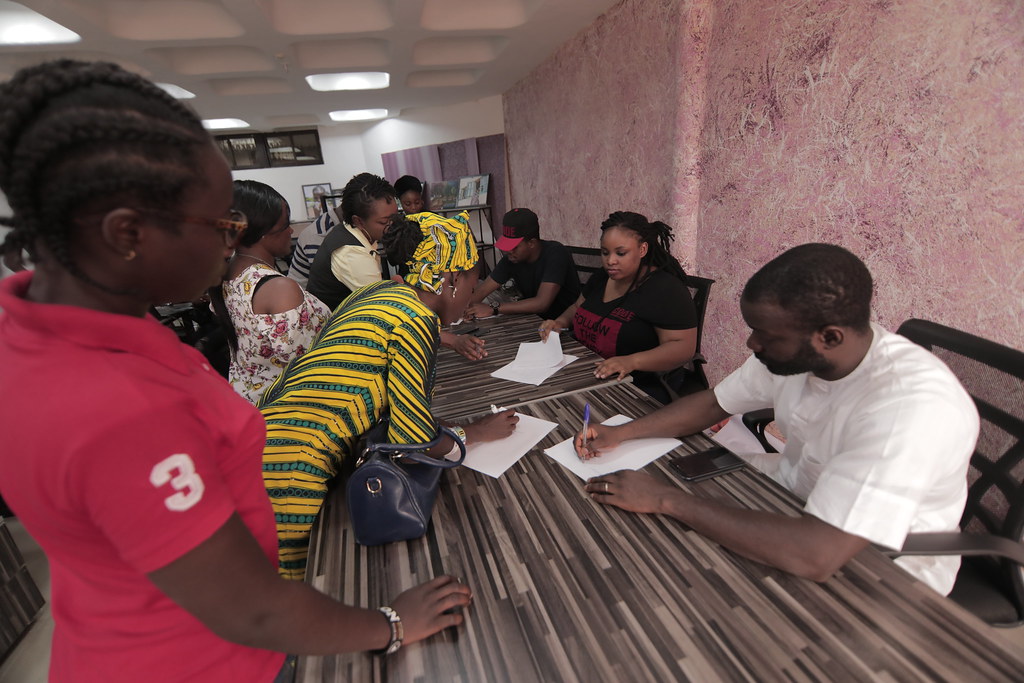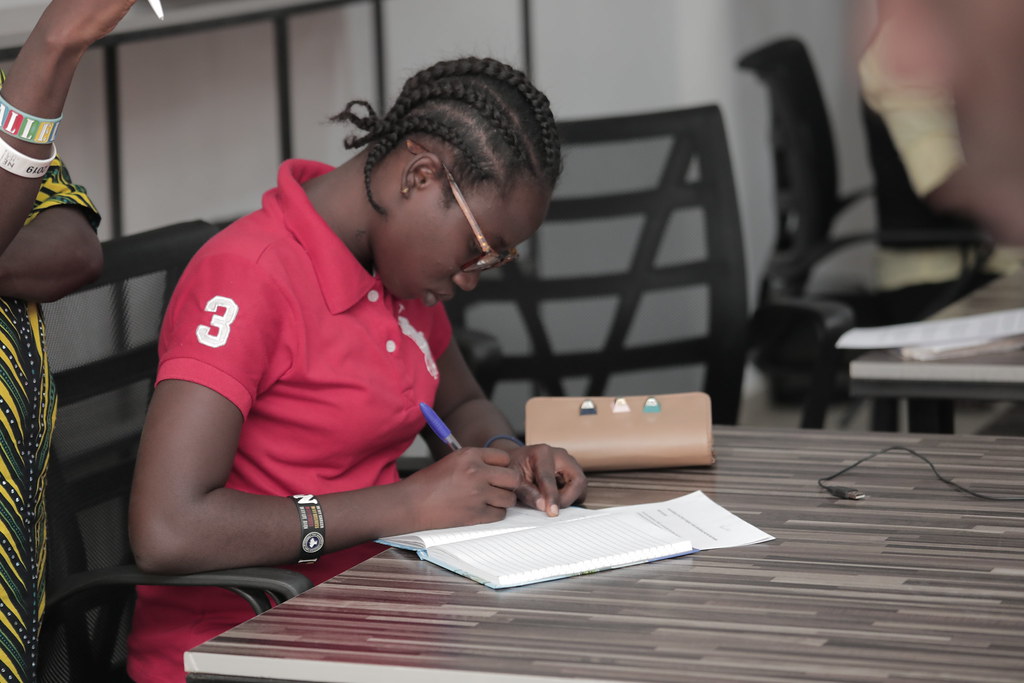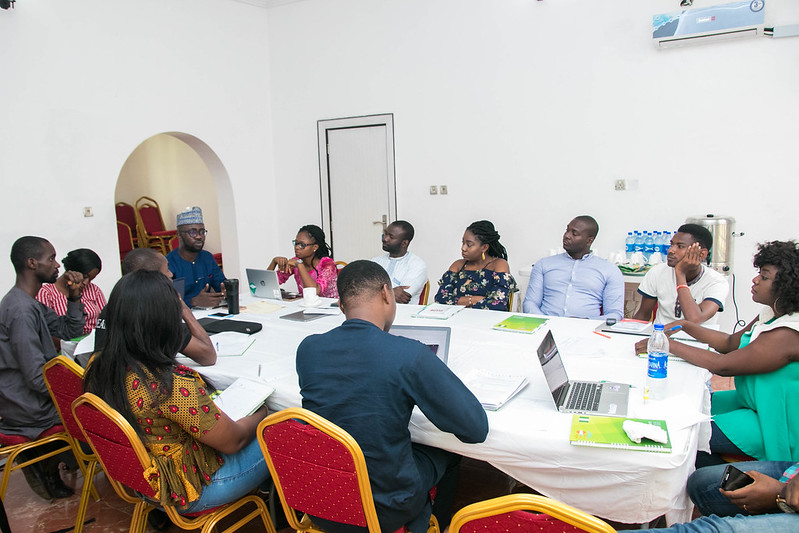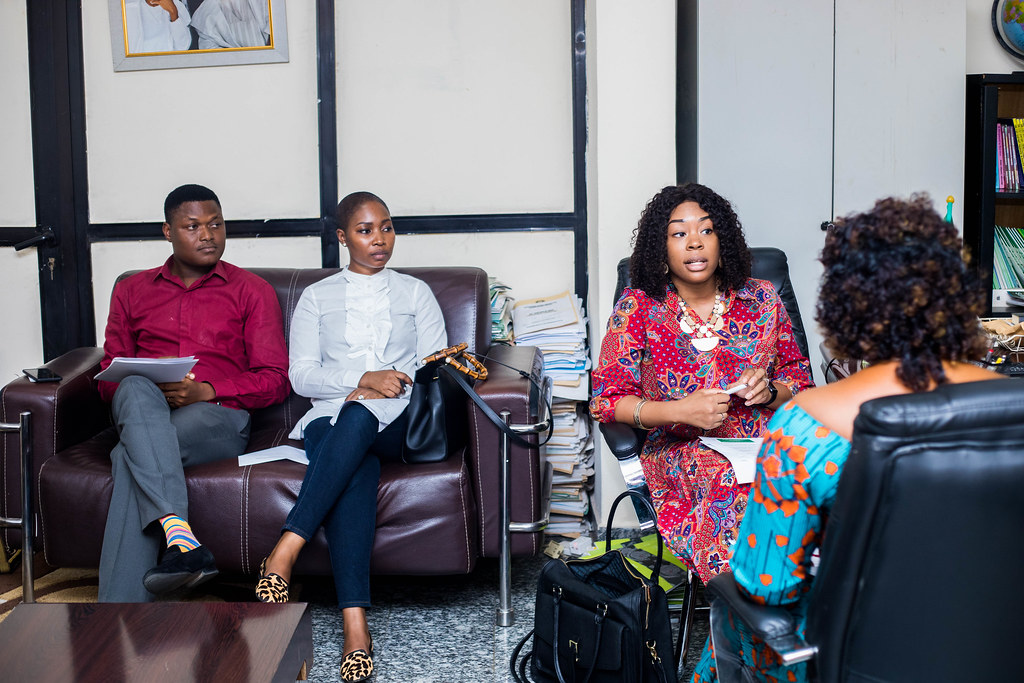The UBE Act 2004 makes provision for basic education comprising of Early Childhood Care and Education (ECCE), Primary and Junior Secondary Education. The financing of basic education is the responsibility of States and Local Governments. However, the Federal Government has decided to intervene in the provision of basic education with 2% of its Consolidated Revenue Fund. For states to fully benefit from this Fund, criteria were established which states are to comply.
UBE Act Press Briefing
The Act also provides for the establishment of the Universal Basic Education Commission (UBEC) to co-ordinate the implementation of the programme at the states and local government through the State Universal Basic Education Board (SUBEB) of each state and the Local Government Education Authorities (LGEAs) . It is instructive to note that despite a total funding of 344 billion Naira invested into Universal Basic Education in Nigeria over a period of 12 years, Nigeria remains one of the countries with the highest number of out of school children in the world, with more than 10.5 million children out of school. According to YouthHubAfrica’s research, as at March , 2017
- A total of N344,762,101,443.99 was available for all 36 States and the FCT to Access at an equal amount of N9,282,421,660.95 each between 2005-2016. This amount is not evenly distributed across the years.
- As at the mentioned date i.e March 2017, only N285,017,378,508.89 has been accessed by Some States within 2005 and 2016. While the sum of N59,744,722,935.10 remained un-accessed by the States
Amend UBE Act Meeting
If the UBE Act works fine by making education free to cover the whole of Primary and secondary education, and make it possible for the states to easily assess the intervention fund with civil society organisations supporting the Universal Basic Education Commission (UBEC) to monitor and ensure the funds are well utilised to meet the purpose, the number of out-of- school girls will drastically reduce.
According to the Nigeria population commission, dropout rates are highest at the sixth grade of primary school and at the third year of junior secondary school and higher among girls than boys. It’s within these 3 years that most girls are betrothed in early marriage and some early marriages are due to economic reasons and inability to shoulder the fees to keep the girls in school.
Supported by the RiseUP for Girls foundation, the project aims to push the Nigeria House of Representative to pass the Senate’s amended UBE ACT before the current legislative year. The Project is leveraging on the efforts of a coalition of CSOS working for this same purpose.

